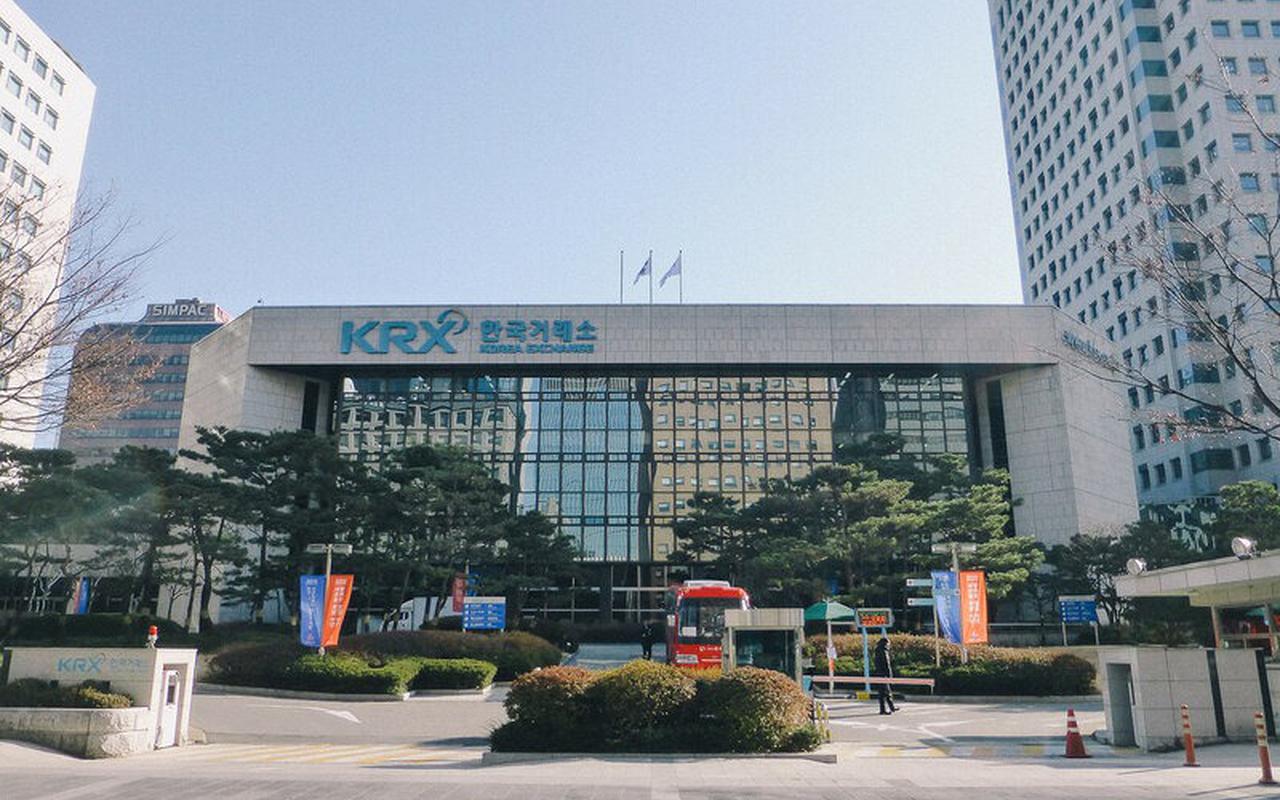South Korean stocks experienced an unprecedented surge on Monday, with the benchmark Korea Composite Stock Price Index (KOSPI) soaring by 5.6 percent, marking its sharpest-ever rise. This surge came as the South Korean government re-imposed a ban on stock short selling, a move aimed at cracking down on illegal market practices by global investment banks. The local currency also made significant gains against the U.S. dollar.
The KOSPI gained an impressive 134.03 points, closing at 2,502.37, extending its winning streak to a fourth day. The surge was primarily driven by the strong performance of tech and battery-related stocks, which led the overall market advance. With a trading volume of 518.4 million shares worth 14.94 trillion won (US$11.5 billion), gainers significantly outnumbered losers, with a ratio of 743 to 149.
The ban on stock short selling, announced by South Korea’s financial regulators on Sunday, will be effective through the end of June 2024. The decision to re-impose this ban was motivated by concerns about growing market volatility and the illegal short selling practices that were undermining market stability. In a meeting with reporters, Lee Bok-hyun, the head of the Financial Supervisory Service, emphasized that the ban is essential to restore a level playing field for retail investors.
This move has bolstered investor confidence, and experts like Kim Dae-jun, an analyst at Korea Investment & Securities, believe that the local stock market may continue to rise as more investors are tempted to hold shares.
Aside from the short selling ban, South Korean stocks also received a boost from the latest U.S. employment data released on Friday, which showed an increase in unemployment. This has reinforced hopes that the U.S. Federal Reserve may halt its interest rate hike campaign. These positive developments have further fueled investor enthusiasm.
In Seoul, various sectors witnessed significant gains. Battery, tech, and auto stocks emerged as the top performers, with steelmaker POSCO Holdings surging by 19.18 percent, leading battery company LG Energy Solution climbing 22.76 percent, and chemical giant LG Chem increasing by 10.62 percent.
Additionally, major oil refiner SK Innovation added 13.42 percent to its value, reflecting the strong performance of energy shares. Tech giants like Samsung Electronics and LG Electronics also saw gains, rising by 1.87 percent and 3.85 percent, respectively.
South Korea’s automobile industry showcased strength as well, with leading carmaker Hyundai Motor increasing by 2.6 percent and its affiliate, Kia, adding 1.8 percent. Auto parts maker Hyundai Mobis moved up by 4.59 percent.
Moreover, the local currency experienced a significant boost, ending at 1,297.30 won against the U.S. dollar, marking its strongest performance in three months. In the bond market, prices moved higher, with the yield on three-year Treasurys decreasing by 7.2 basis points to 3.877 percent, and the return on the benchmark five-year government bonds falling by 6.7 basis points to 3.954 percent.
In conclusion, South Korea’s decision to re-impose the ban on stock short selling has had a profound impact on its financial markets. The surge in stock prices and the strong performance of various sectors are indicative of investor confidence and the positive economic sentiment. This development, coupled with favorable U.S. employment data, has set the stage for continued growth and stability in South Korea’s financial markets.
(Source: CNBC | Financial Times | Reuters)









